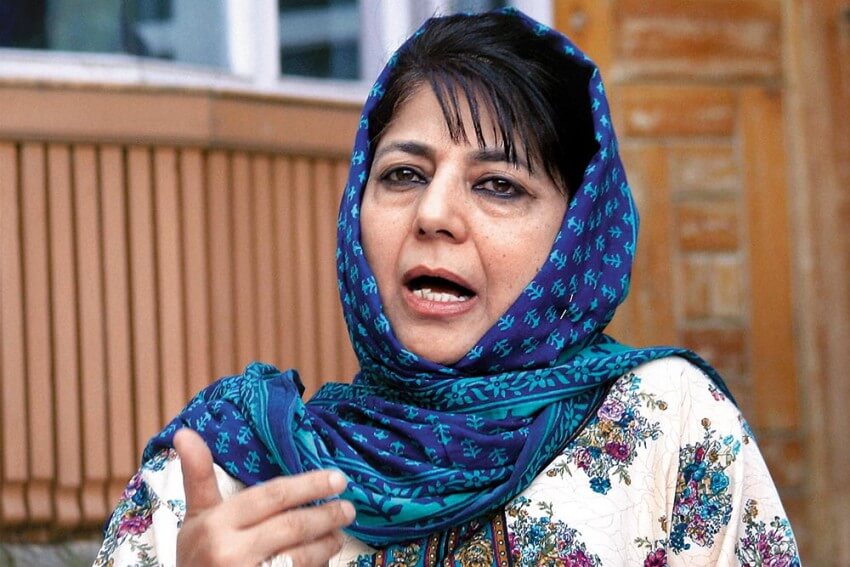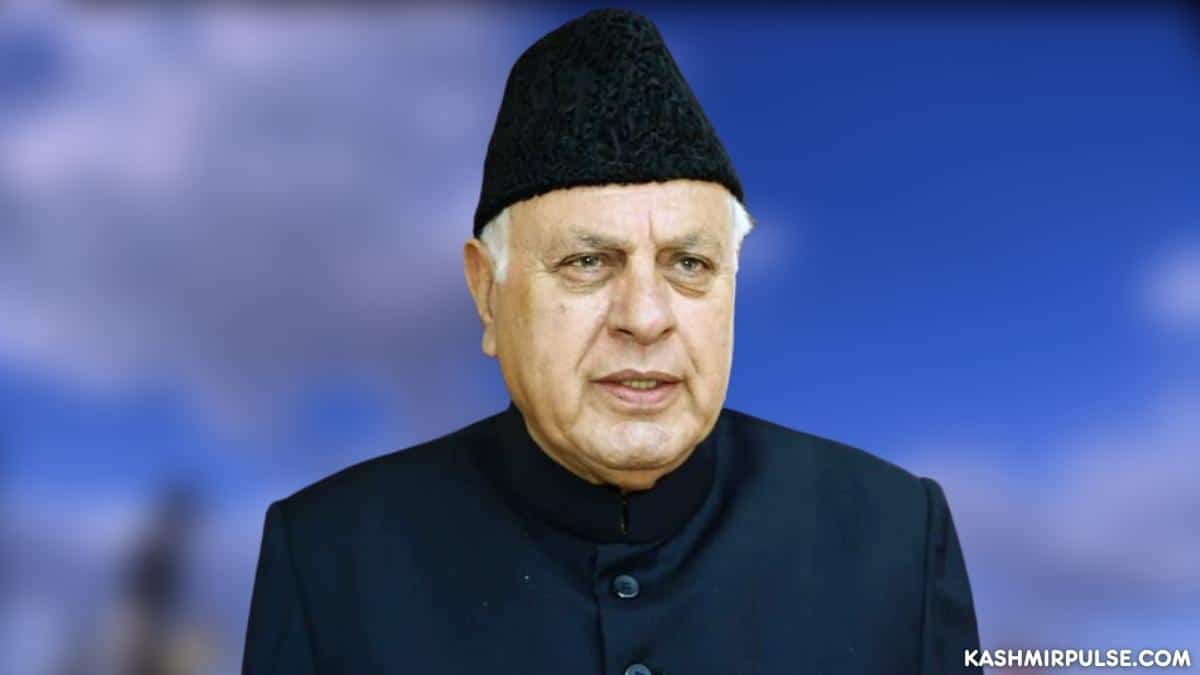
ISLAMABAD — Deposed Pakistan Prime Minister Nawaz Sharif is expected to return from London next month after Eid, a senior PML-N leader has said, amid a whirlwind of political developments that have embroiled the country following Imran Khan’s ignominious ouster from power.
Mian Javed Latif said a decision on PML-N supremo and the three-time prime minister Sharif’s anticipated return will be discussed with the coalition partners. "All decisions would be first brought up with constituent parties of the coalition," The Express Tribune newspaper quoted him as saying.
Eid will be celebrated in the first week of May.
Several corruption cases have been launched by the government of Prime Minister Khan against the 72-year-old supremo of the Pakistan Muslim League-Nawaz since his ouster from the office by the Supreme Court in July 2017 in the Panama Papers case.
Sharif in November 2019 left for London after the Lahore High Court granted him four-week permission allowing him to go abroad for his treatment. He had given an undertaking to the Lahore High Court to return to Pakistan, citing his record to face the process of law and justice within four weeks or as soon as he is declared healthy and fit to travel by doctors.
Sharif was also given bail in the Al-Azizia Mills corruption case in which he was serving seven-year imprisonment in Lahore’s Kot Lakhpat jail.
Commenting on the political uncertainty in the country, Latif said the coalition government will not last longer than six months and the only solution to the prevailing woes was to hold fresh elections. However, there was this task of election reforms that had to be done prior to elections, he said.
He noted that the issues regarding the electronic voting machines (EVMs) and overseas voting rights were two primary issues that are to be addressed at the earliest.
EVMs are susceptible to external interference and similar to RTS, this system can be tampered with easily. As for overseas Pakistanis, exclusive seats can be created for them to elect their own representative, similar to the seats in Kashmir where seats are reserved for migrants, he said.
Sharif’s return to Pakistan has again made headlines in the country after ex-prime minister Khan became the first premier in the country’s history to be voted out of power through a no-confidence motion held early Sunday.
The joint Opposition’s no-confidence motion, which required 172 votes in the 342-strong parliament to pass, was supported by 174 lawmakers on Sunday, ending Khan’s prime ministerial term and seemingly bringing an end to the protracted political crisis in Pakistan.
The Pakistan Tehreek-e-Insaf (PTI) government, which ruled for over three-and-a-half years, had been struggling to stay in power as its allies joined hands with the joint Opposition that had been vying for an in-house change.
The much-anticipated vote followed on the heels of the perpetually drawn-out session of the National Assembly punctuated by long adjournments amid the high political drama, as well as unverified swirling speculation gripping the nation.
Sharif on Thursday hailed the Supreme Court’s decision to restore the National Assembly after the deputy speaker dismissed a no-trust motion against Khan. "People of Pakistan are thanking God that this decision has been announced. The premier made the common people of Pakistan starve," he said.
"I would like to congratulate everyone in the country. People have gotten rid of such a person who ruined the country. He made common people starve. The dollar has reached 200 today and people are frustrated with inflation in the country," he said.
This post first appeared on
The Kashmir Pulse





